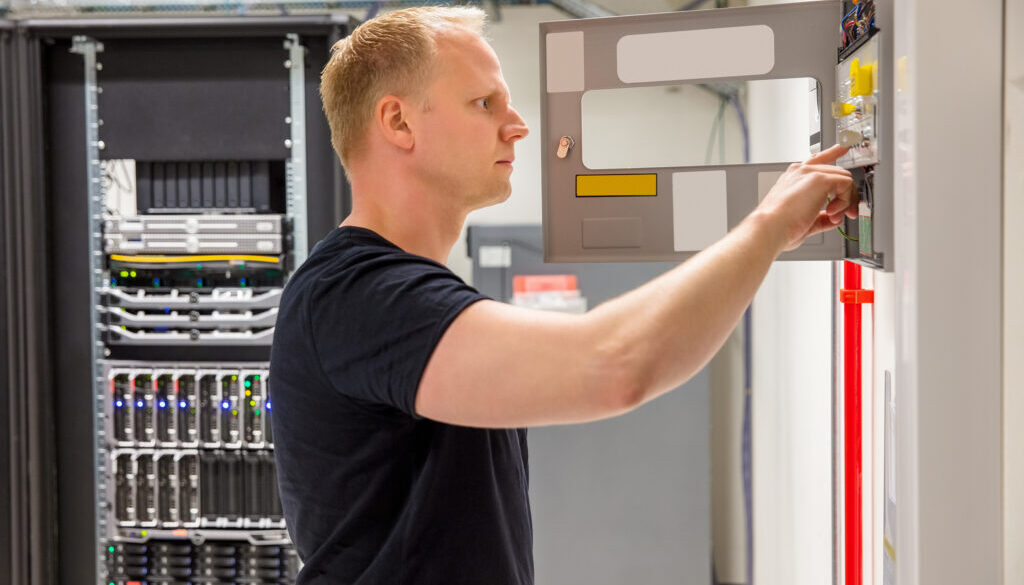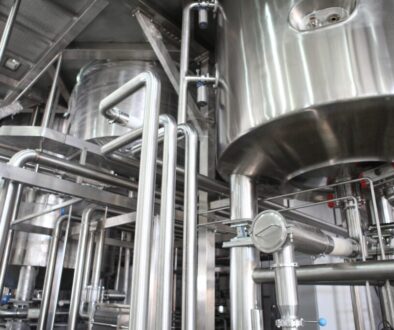An electrical control panel contains two major parts: electrical elements and panel structure. The components of a control panel are often grouped together based upon their function, for example, the lighting controls may be in one compartment while the controls controlling the ventilation system are in another compartment. The structure of an electrical control panel is usually a combination of a back plate and enclosures, much like a breaker’s box in an office or home. When purchasing an electrical control panel, you want to make sure that it is the right size and that it will fit into the area where you plan on installing it. Here are some tips to help you select and install the best electrical control panel that you can afford.

When looking at electrical control panels, the first thing you want to take into consideration is the type of enclosure it is. Most enclosure designs are either metal boxes with plastic inserts that are installed in the ceiling, or they are a simple wooden box with wiring going to the main panel. Metal boxes with plastic inserts offer more protection for the wiring, but they are more prone to damage and are not always the most aesthetically pleasing option. Wood boxes with the wiring run through them offer the most flexibility in choosing the enclosure design, but also offer the greatest amount of protection to your electrical components.
Once you have determined what type of enclosure design would be the best fit for you electrical devices, you will need to consider the actual size of the panels you are interested in purchasing. This will dictate how many electrical control panels you need to purchase. If you only need a few devices, it might be cheaper to purchase a standard size panel and then add on a couple of extra panels as needed. However, if you plan on purchasing industrial equipment or large amounts of electrical control panels, you will likely want to purchase individual panels instead of groups of panels. Individual panels can be purchased in bulk, but it generally requires more money up front to purchase individual panels than it does to purchase a whole panel configuration.
The third thing you will need to consider when considering the purchase of industrial equipment or other specialty electrical control panels is the type of housing you will have them in. There are housing options ranging from industrial grade steel tube panels to housing that is pre-manufactured to match the specifications of specific components such as isolation curtains. Most housing options are available in both single and multiple units, but some require that you order custom electrical control panels that are specifically designed to fit their specifications. While this will generally cost more up front when purchasing the components individually, the opportunity to customize your unit and create an ideal configuration is also available and may be worth the extra expense.
The fourth thing to consider when purchasing any type of industrial electrical control panels is whether or not the enclosure will be in a fixed location or if it will be mobile. Fixed enclosures are designed to remain stationary during all hours of the day and night, while mobile units are designed to be flexible and able to move with the wind. Industrial applications will call for stationary enclosure designs, and for residential use, mobile enclosures can be designed to fit into corners and awkward spaces that would otherwise prevent the placement of a fixed enclosure. This flexibility allows an individual to install electrical control panels wherever they see fit. The only thing to remember is that an improperly placed enclosure can be dangerous, so if you are placing an electrical panel inside a wall, it is important to ensure that the wall is in good condition and can support the weight of the enclosure itself.
One of the main things to look for when choosing control panels for an electrical installation is plc compatibility. Plc refers to the PLC or the programmable logic controller, which controls the functioning of the electric motor. If you are having trouble finding a control panel that is compatible with the PLC, it may be necessary to upgrade to a different programmable logic controller that was designed to work with the PLC. Check with your distributor to determine what types of programs are available for your specific product.
There are also special purpose electrical control panels that can be used to protect machinery or other sensitive equipment. Some of these units are installed inside high-risk equipment, protecting them from shock and other hazards associated with excessive electrical power. These special units are usually found in facilities where extreme power surges are common, such as electrical power plants and water treatment facilities. While specialty units can be purchased for protection purposes, most distributors and manufacturers offer generic varieties that can fit most standard equipment. As long as the electrical control panels you are purchasing meet the requirements of the facility in which they will be used, generic parts should be sufficient to protect most equipment.
Electrical Control Panels can be purchased directly from a distributor, or through a retailer who sells electrical devices and components. The Internet is also a great resource for purchasing these panels. Many companies offer custom-made enclosure designs, which may require additional research and additional time for installation. When purchased directly from the company or dealer, many models can be shipped directly to your business, saving you both time and money on shipping costs. However, if you choose to purchase an enclosure from a third party, it is important to make sure that the device will work with your equipment and with the power source that will be used to power the enclosure.



